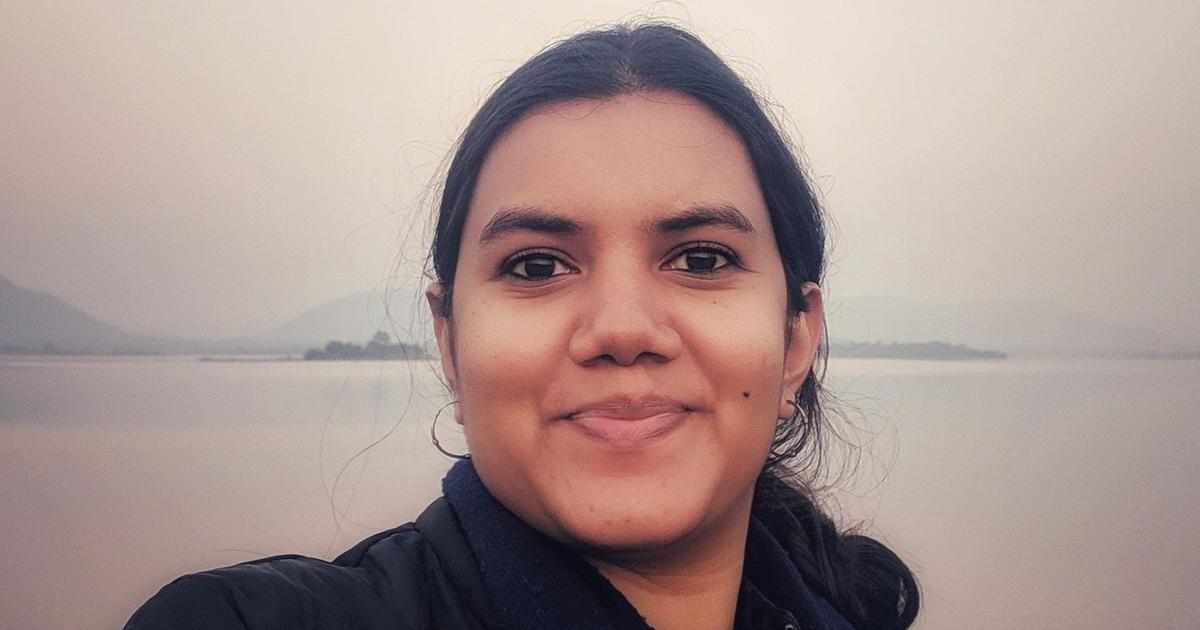
Welcome to Game Points, a newsletter on Indian sports by The Field.
Small win, big battle: Afghanistan cricket has a long road ahead despite T20 World Cup success
By Tanya Kini
Naveen-ul-Haq stepped up and sent a delivery that skidded off the pitch at the Amos Vale Stadium in Kingstown, Saint Vincent and the Grenadines. The ball crashed into the pads of Bangladesh’s Mustafizur Rahman, and the umpire promptly gave him out.
The Afghanistan players erupted into celebrations – most were in tears. This was history for them. They had made it to the semi-final of the ICC Men’s T20 World Cup for the first time.
They had beaten Bangladesh to secure the spot in the last four, but in the process, Rashid Khan and Co had knocked out 2021 champions and cricket powerhouse Australia.
Afghanistan is still a new nation in the top tier of the sport, but they have formed a particularly tasty rivalry with the most successful team in the sport, Australia. The two cricket teams have had a few tetchy years when it comes to playing each other.
Cricket Australia, the governing body of the sport in the country, had previously cancelled three scheduled series against Afghanistan, including a one-off Test in 2021. The reason given was based on the deteriorating condition of rights for women and girls in Afghanistan that took a severe dive after the Taliban rose to power again in the latter half of 2021.
In their statement, Cricket Australia noted that after continuous consultation with the Australian government, they would only be open to future bilateral series between the two teams upon the improvement of the state of women and girls in the country.
The tale of Afghanistan and their growth as a cricketing nation is an interesting one. Their rise from the doldrums of playing qualifiers to becoming a full member nation, eligible to play Tests, One-Day Internationals and T20Is, over the course of nearly two decades is both inspiring and laudable.
At the ongoing T20 World Cup, they even beat heavyweights New Zealand. The Afghans also picked up wins over 2019 champions England, Pakistan and Sri Lanka at the 2023 ICC Men’s ODI World Cup.
In her piece published in Scroll in October, Moska Najibullah – an Afghan-born author who is also the daughter of former Afghanistan president Dr Najibullah – encapsulated what the successes of the Afghanistan men’s national team meant for a country that has been in political turmoil for over three decades.
Afghanistan’s captain Rashid Khan himself has echoed that thought often, calling sport the only source of happiness for his people.
When the Taliban returned to power, education in schools and universities closed their doors to women. Female staff, from government to private organisations, have had to resign or had their responsibilities severely curtailed. Restrictions have increased on the freedom of women out in public spaces.
But the policies of the Taliban have also affected the country’s cricket team.
The team has made these major strides, and toppled some big names, without playing an international fixture within their own borders. Most of the players also have grown up as refugees outside their country.
Afghanistan cricket's success has not eclipsed the country's political struggle, which continues to cast a shadow on the sport.
When Cricket Australia announced its decision to postpone future bilateral series against Afghanistan, Khan indicated that he would pull out of the 2023 Big Bash League, Australia’s marquee domestic T20 league. He later withdrew his decision, but several other players joined in to comment on social media that sport should be kept separate from politics.
Neither the players nor their respective cricket boards are responsible for resolving the situation in Afghanistan. While Cricket Australia based their decision on the directives of the Australian government, the Afghanistan Cricket Board has not formed a women’s cricket team as per directives from their own government.
The International Cricket Council, the sport’s governing body, has not made any intervention in this matter, despite requiring a full member team to contribute to grassroots development of the sport in their country – for both men and women.
No doubt, there is a lot left for Afghanistan, as a cricket nation, to do. But those shortcomings should not overshadow what the team has managed to accomplish at the T20 World Cup in the United States and West Indies.
Fun fact of the week: On June 19, in the second One Day International between India and South Africa, four individual centuries were scored. Smriti Mandhana (136), Harmanpreet Kaur (103) of India and Marizanne Kapp (114) and Laura Wolvaardt (135) of South Africa set the record for most centuries scored in a women's ODI. Before this, the record was three individual centuries scored in a match in Hove during June 2018 when Tammy Beaumont (101) and Sarah Taylor (118) both scored centuries for England, while Lizelle Lee responded with 117 for South Africa.
Here's a recap of the top stories from this past week



























Write a comment ...